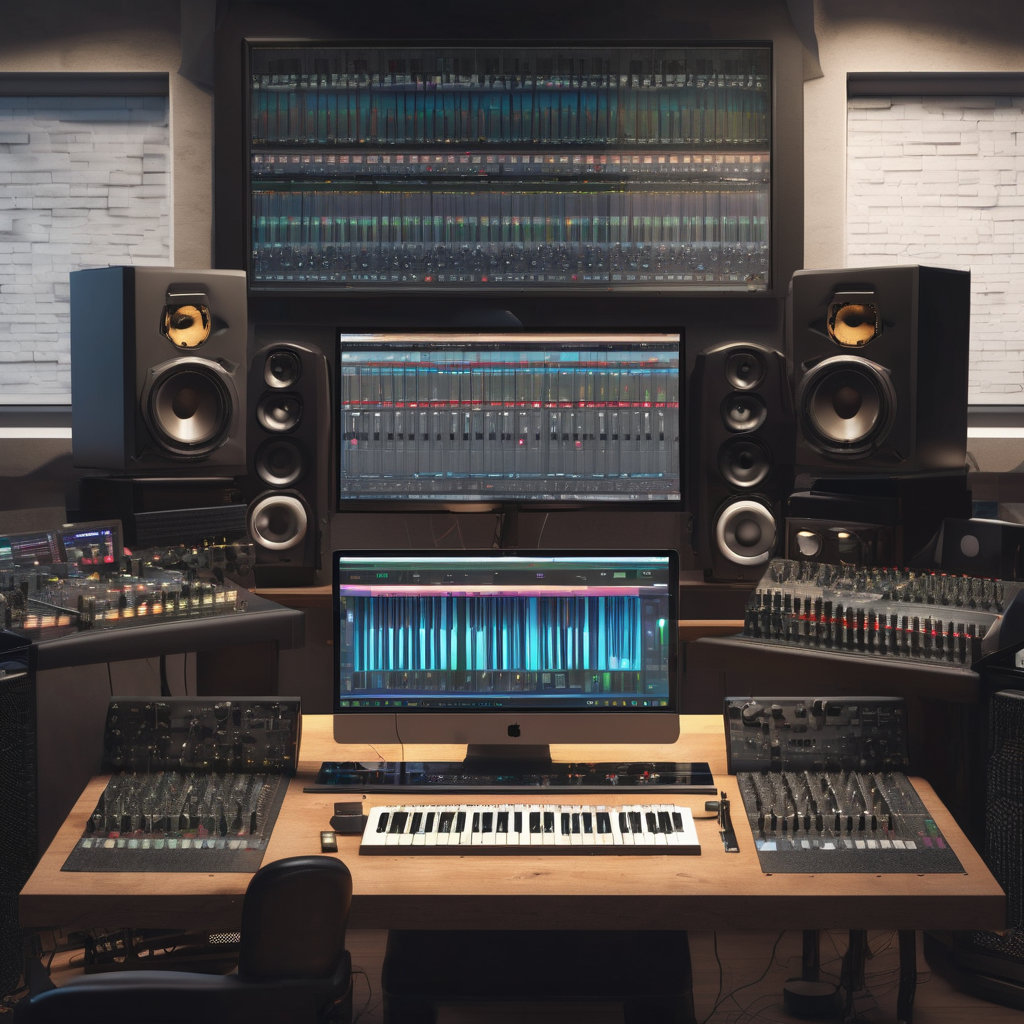
Chief marketing officers face significant pressure to meet specific KPIs, whether these pertain to revenue, brand awareness, or cost management. Within this challenging environment, AI presents valuable opportunities to enhance these key metrics and assist marketers in demonstrating clear ROI. For tech buyers in the evaluation phase, it is crucial to identify the marketing KPIs that will be used to assess their performance, along with the tools capable of improving those metrics. Follow the Money: Linking Every Interaction to Revenue What it is: This KPI measures the qualified business opportunities either generated or influenced by marketing efforts. Teams track this by monitoring engaged prospects and their interactions across various touchpoints such as demos, landing pages, chatbots, or newsletters. This data enables CMOs and board members to determine the most effective channels, ensuring resources are allocated optimally. How AI helps: Leveraging advanced data analysis, AI can attribute every significant interaction—from ad clicks to webinars, emails, or site visits—back to the relevant account. Traditional attribution models focused mainly on either the first touchpoint (initial contact with the brand) or the last touchpoint (final step before conversion). Now, AI tools can capture the entire complex, multi-touch customer journey. This results in fewer manual data manipulations and produces a reliable, CFO-ready metric integrated with the CRM. By filtering to include only successful conversions, AI eliminates vanity metrics and highlights the channels that truly drive outcomes.
Additionally, AI maintains data cleanliness automatically, cutting down errors and freeing sales teams to concentrate on selling rather than managing systems. Predictive AI: Focusing on the Prospects That Count What it is: Marketing success is often measured by how effectively marketing collaborates with sales, particularly the quality of leads passed on and the speed of that handoff (often measured by Lead Velocity Rate). These KPIs help business leaders forecast revenue and evaluate how efficiently demand evolves into sales opportunities. How AI helps: The critical first step in enhancing lead generation is smarter prioritization of prospects. Predictive AI ranks potential customers based on behavior and intent, enabling sales reps to focus quickly on the highest-quality leads. Moreover, AI-powered conversational tools can handle common FAQs and automatically schedule meetings with high-intent visitors. This accelerates the path from website visit to sales engagement, increasing the volume of prioritized leads. Smarter Spend, Sharper ROI What it is: Marketers are also expected to demonstrate financial ROI beyond just revenue growth. A key metric here is customer acquisition cost, which assesses whether marketing expenditures yield strong returns. This includes expenses for paid ads, creative development, event travel, and the deployment of marketing technologies. How AI helps: Generative AI significantly lowers content creation costs by producing tailored marketing texts, visuals, and landing pages aligned with specific target audiences. Furthermore, robust audience analytics identify the channels customers engage with most, helping companies decide whether to pause or discontinue underperforming paid campaigns. AI That Thinks Like a CMO For buyers evaluating options, the directive is clear: select AI that excels at the repetitive but essential tasks—identity resolution, attribution, prioritization, scheduling, and data hygiene. Whatever KPIs are targeted, AI empowers marketers to devote their energy to higher-value activities such as positioning, customer discovery, and closing deals. Navigate the sales and marketing landscape with AI-powered efficiency and insight.
How AI Enhances Key Marketing KPIs for CMOs to Boost ROI and Revenue


The song “Walk My Walk” by country group Breaking Rust recently hit No.

The future of Search Engine Optimization (SEO) is set to experience considerable change as it increasingly integrates Artificial Intelligence (AI) technologies with human expertise.

Tech companies are racing to expand their infrastructure as their increasingly resource-heavy AI products consume capacity, deplete chipmakers’ supply, and demand more power.

Advancements in Artificial Intelligence have led to the creation of highly realistic AI-generated videos, with platforms like OpenAI's Sora 2 and Google's Veo 3.1 leading this technological innovation.

In today’s fast-paced world, the enormous amount of news content produced daily is truly staggering.

Jensen Huang, CEO of semiconductor giant Nvidia—whose value has surged 300% over two years—personifies the AI mania.

Yahoo is advancing its integration of artificial intelligence into advertising technology, as detailed by Adweek.
Launch your AI-powered team to automate Marketing, Sales & Growth

and get clients on autopilot — from social media and search engines. No ads needed
Begin getting your first leads today